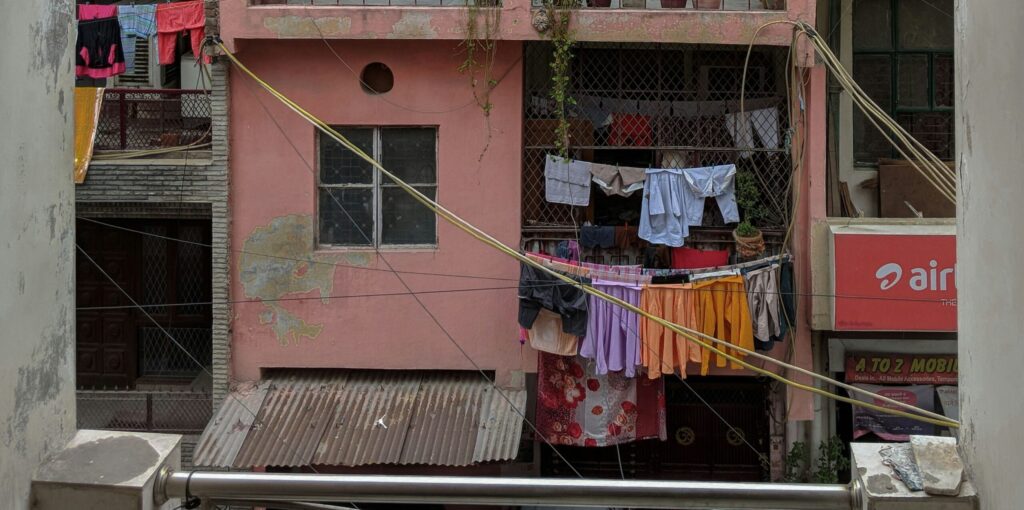Redevelopment, Subjectivity, and Difference in Mumbai’s Slum Frontier
In recent years cities around the world have undergone mass slum clearances for redevelopment. This study of Mumbai offers an alternative interpretation of urban capital accumulation by investigating the differentiated political subjectivities of displaced slum residents. I argue that Mumbai’s redevelopment entails not uniform class-based dispossessions but a process of accumulation by differentiated displacement whereby uneven displacement politics are central to the social production of land markets.
Two ethnographic cases reveal that groups negotiate redevelopment in contradictory ways, supporting or contesting projects at varying moments. Redevelopment subjectivities are influenced at key conjunctures by market-oriented resettlement, ideologies of belonging, desires for improved housing, and participation in non-governmental groups.
This articulated assemblage of power-laden practices reflect and reworks class, gender, and ethnoreligious relations, profoundly shaping evictees’ experience and political engagement. The paper concludes that focusing on differentiated subjectivities may usefully guide both analysis and social justice practice aimed at countering dispossession.

Also Read: Slum Up-gradation Initiatives in India
